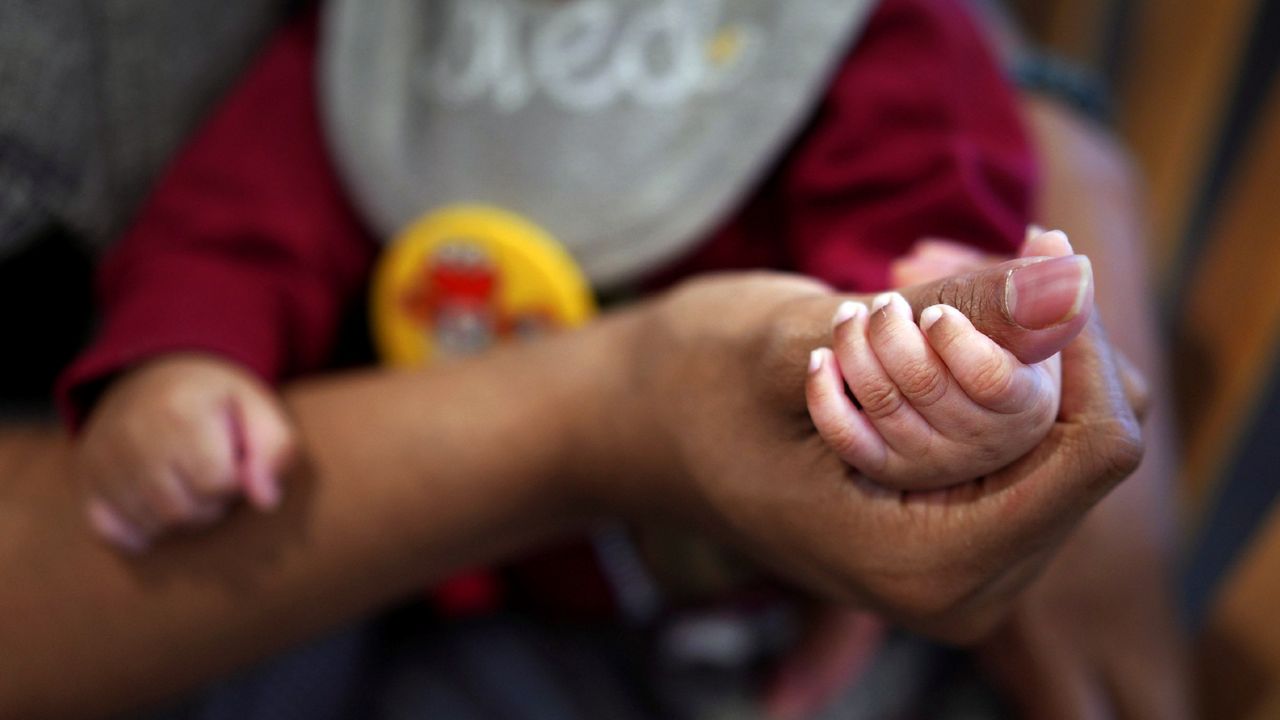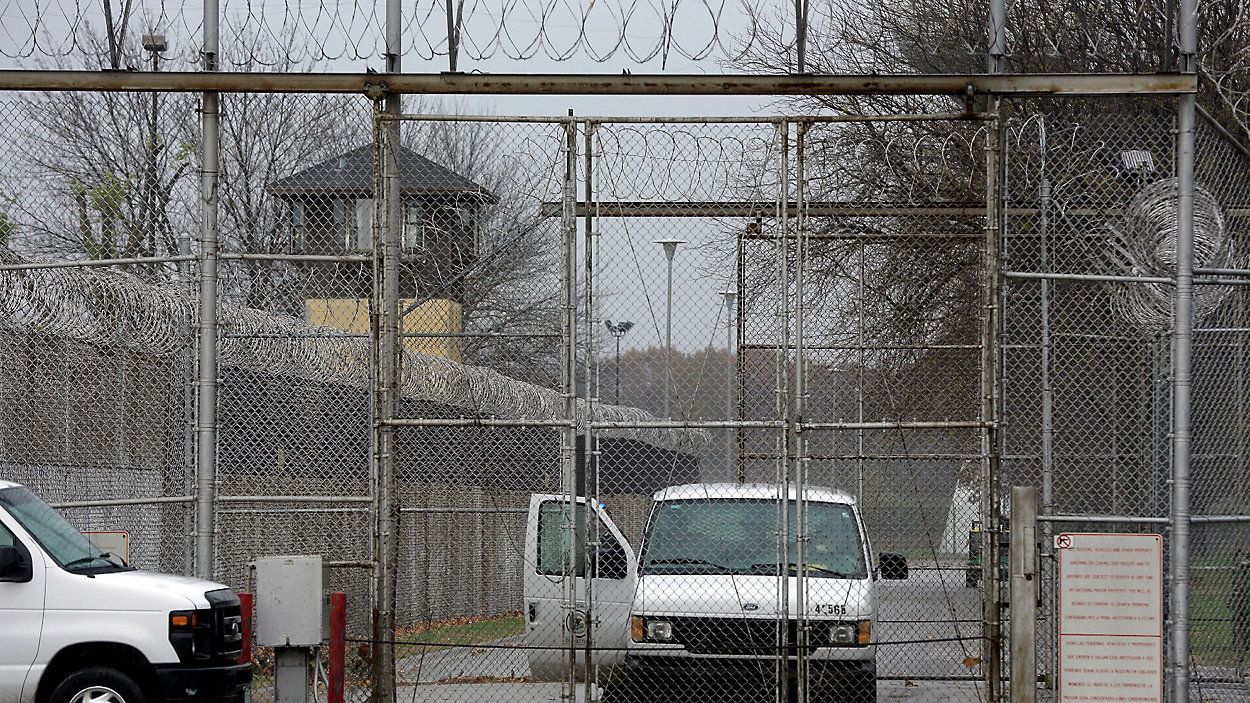A new report by the state Comptroller's Office shows the state agency that oversees group homes and facilities for people with developmental disabilities did not provide adequate guidance to its residents or oversight of their care during the COVID-19 pandemic.
Many family members of people under the care of group homes in New York contacted the state Comptroller's Office about a lack of oversight and infection control during the worst days of the pandemic, prompting the audit's wide scope to ensure the mistakes made during the last public health emergency are not repeated, Comptroller Tom DiNapoli said in an interview Thursday.
The state Office for People With Developmental Disabilities failed to ensure emergency protocols were followed during the pandemic at the state's roughly 6,900 facilities, according to the report.
"Even when they went to survey the group homes and did some on-site inspections, it really was a more limited sampling than perhaps would have been helpful to deal with the issue," DiNapoli said.
The plans lacked staffing strategies, infection control in these congregate settings and a lack of PPE, and the department developed COVID-specific plans for the eight state-owned facilities, or for fewer than 1% of the roughly 34,100 New Yorkers who live in group homes.
Officials with the OPWDD were not quick to comply with the probe, and DiNapoli says it took months to get requested data.
The department is required to update its emergency management procedures and improve communication with health experts responsible for infection control policies.
"We're really hoping that they can ensure a more robust, preventative steps that can be taken by really upping their game with regard to emergency preparation," DiNapoli said.
The comptroller's office typically conducts follow-up reviews of a state agency's compliance with recommendations in an audit after one year.
OPWDD submitted a 16-page response to the report and took issue with the breadth and way the audit was conducted, adding the comptroller's office failed to take oversight happening simultaneously in other state agencies during the pandemic.
The department's emergency protocols were intended more broadly for a variety of public safety incidents and disasters — not just pandemics, according to the response.
"OPWDD shares OSC's goal of ensuring the protection of the vulnerable population it serves and welcomes throughtful input and suggestions for improvement," OPWDD officials said in their rebuttal. "However, OPWDD is concerned that certain methodology and assumptions underlying this audit have led to conclusions that will not assist — and, to the extent they are not corrected, may undermine — this crucial objective."
The comptroller's office conducted an expansive review that presented challenges for OPWDD staff, which contributed to the comptroller's perception the department was difficult in cooperating, according to the agency.
“During a global pandemic, OPWDD implemented best practices across facilities to minimize infections and satisfy state quarantine and isolation guidance, while keeping those residents in group homes safe and connected with loved ones," OPWDD spokeswoman Erin Silk said in a statement. "While the ever-changing nature of the public health emergency demanded agility in implementing New York State Department of Health and CDC guidance, OPWDD prioritized the continuity of services while ensuring health and safety during this unprecedented, worldwide event.”
People with developmental disabilities in group homes often have underlying conditions, and were among the most vulnerable during the COVID-19 pandemic. The state reports a total of 13,079 COVID-19 infections and 657 deaths in these facilities from March 2020 through April 5, 2022.
The issues in group homes is why advocates like Blaise Bryant with the New York Association on Independent Living say better pay for home care workers and $15 million in funding for the long-term care ombudsman program are critical in the next state budget. The governor and legislative leaders continue to be engulfed in negotiations of the estimated $230 billion 2023-24 spending plan.
"I think it goes back to attitude," Bryant said. "We need to shift our thinking to community-based services first, institutionalization second, because the reality is, three-fourths of people want to live at home."
About 20% of the population identifies as having a disability, Bryant added.
"Because there are, unfortunately, a lot of people with disabilities who are lonely and experienced isolation during the pandemic and experienced this even moreso, or experienced this before the pandemic, which has simply put an exclamation point on things," he said.
Assemblyman Angelo Santabarbara re-introduced legislation to create a task force with families of people in group homes to improve their care after the governor vetoed the legislation last year, citing funding issues.
The Assembly included $5 million in its one-house budget to fund the task force and study bills the Legislature passes each year.
"We want to address that issue and put this bill back in front of [Gov. Hochul] as soon as possible," Santabarbara said. "The comptroller's report just reinforces what we said, the reason for the bill in the first place."
Lawmakers would have to pass the legislation again this session, and task force members would not be appointed nor begin their work until sometime next year, at the earliest.
Santabarbara's 21-year-old son Michael, who has autism, lives in a group home setting.
"It's really troublesome and keeps me up at night thinking, 'Are these issues going to be addressed?'" the assemblyman said. "We want the best for our kids with disabilities and people with disabilities. They desire to have the best care possible and be treated with dignity."










